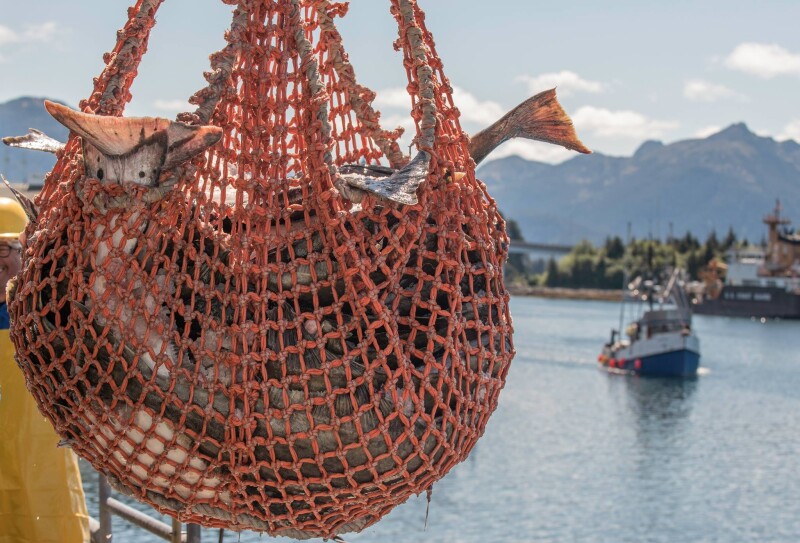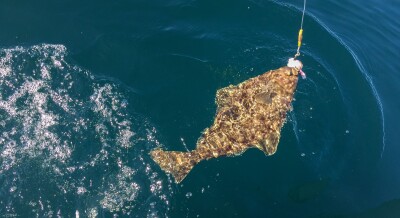Federal actions are causing uncertainty in the scheduled openings of Alaska’s Pacific fisheries, raising concerns among fishermen and owner/operators about potential disruptions to the fishing season.
Recent personnel changes within the National Marine Fisheries Service (NMFS) have cast doubt on the scientific assessments crucial for managing fish stocks in the region. According to the Alaska Beacon, three NMFS employees in Alaska were recently dismissed, creating unease about the continuity of scientific research that informs fisheries management. These individuals collected and analyzed stock assessment data, a key factor in determining sustainable catch limits. Their sudden removal has led to concerns that vital scientific work may be delayed or compromised just as fisheries prepare to open.
The potential gaps in research have alarmed commercial fishermen, who rely on accurate stock assessments to guide their operations. Without up-to-date data, fishery managers face challenges setting quotas, which could result in either overly restrictive or overly lenient catch limits, both of which carry economic and ecological risks.
In response to these developments, a coalition of 170 fishing businesses and organizations wrote a letter on March 4 expressing their concerns about the situation. “We are sending this letter to familiarize the new Trump administration with our industry, as a unified voice among hundreds of small businesses across the nation. We’ve identified the keys to success in harvesting the healthiest proteins on the planet and ensuring they reach the tables of our fellow Americans," Ben Martens, executive director of Maine Coast Fishermen's Association stated about the letter. There is a need for science-based fisheries management and transparency in decision-making, warning that disruptions to research could threaten the stability of Alaska’s fishing industry and every state's fishing industry.
“The timing of these dismissals couldn’t be worse,” an industry representative told The Beacon. “We’re heading into the season, and now we’re left wondering whether the necessary data will be available in time.”
The uncertainty has led to broader discussions about the role of federal agencies in ensuring the smooth operation of the state’s fisheries. Many in the industry are calling on NOAA Fisheries and the U.S. Department of Commerce to address the concerns promptly and reassure fishermen that reliable stock assessments will be available before the fisheries open.
The commercial fishing industry in Alaska is a major economic driver for the state, supporting thousands of jobs and generating billions in revenue. Any delays or miscalculations in quota-setting could significantly impact the industry, not only on fishermen but also on seafood processors, distributors, and the coastal communities that depend on it.
NMFS has not provided a detailed explanation for the personnel changes; industry leaders remain wary of how the situation will unfold in the coming weeks. Many urge federal agencies to prioritize transparency and ensure fisheries management decisions remain rooted in sound science.
As the scheduled openings approach, fishermen and industry advocates closely monitor developments, hoping for swift action from regulators. Ensuring a stable and predictable regulatory process is critical for the long-term sustainability of the state’s fisheries and the livelihoods they support.







